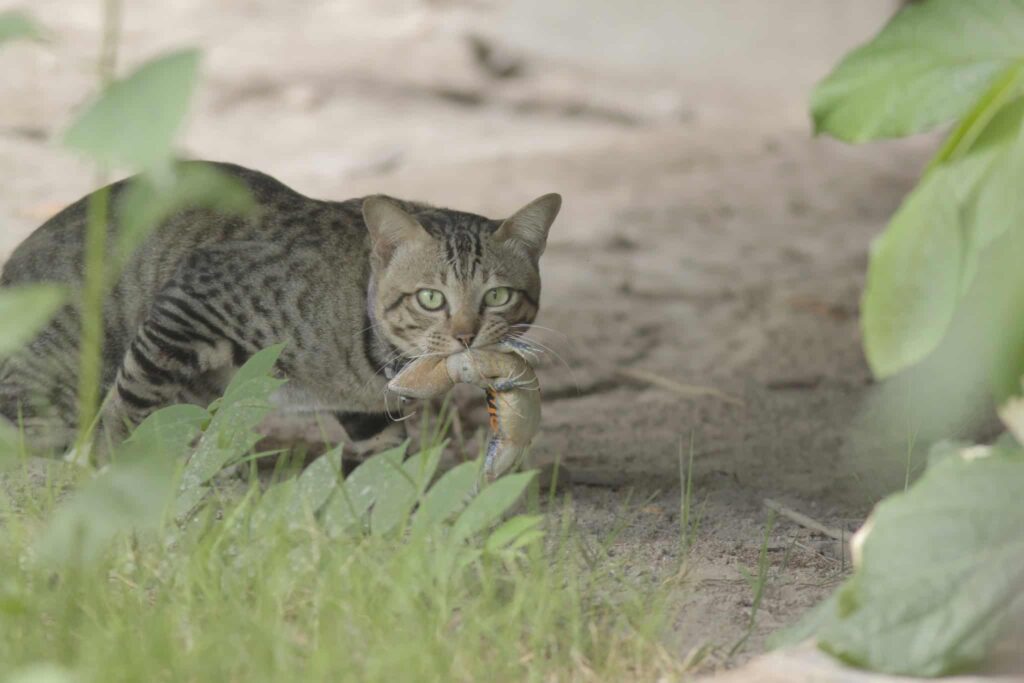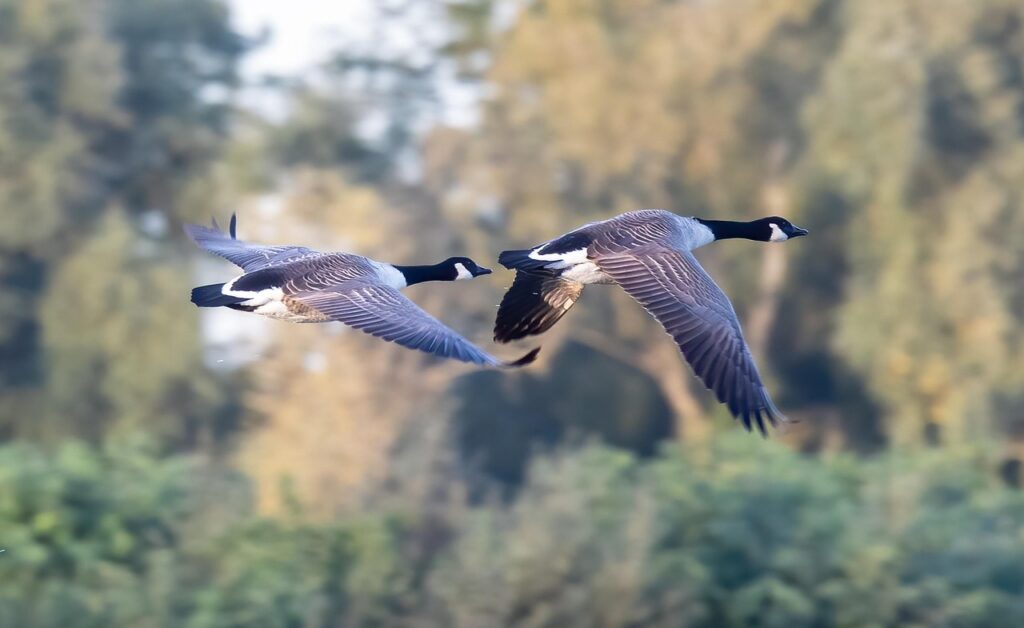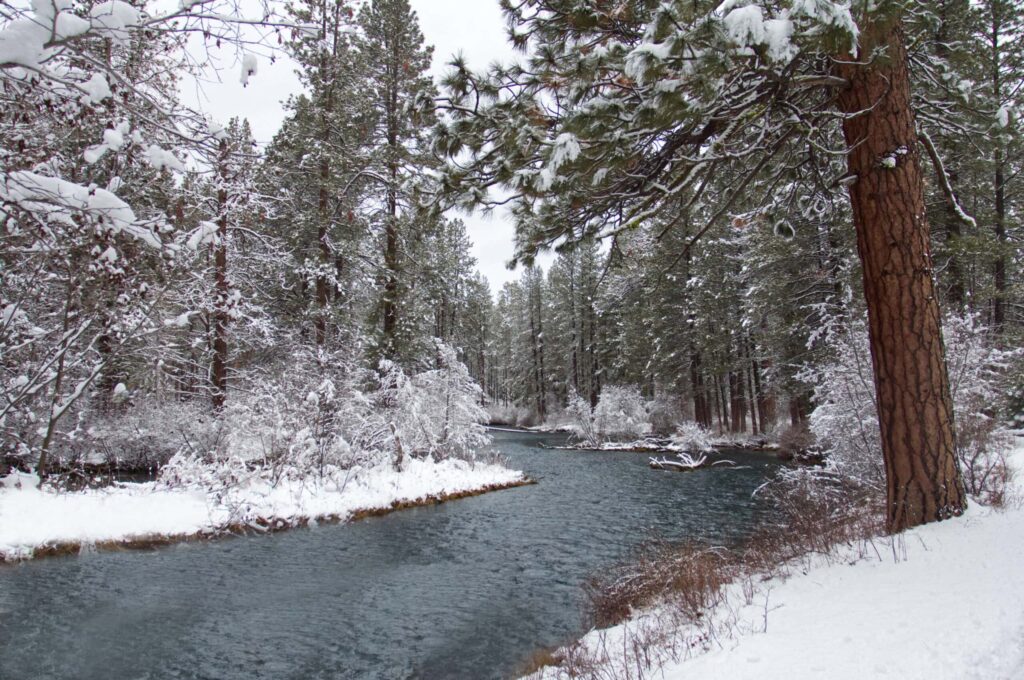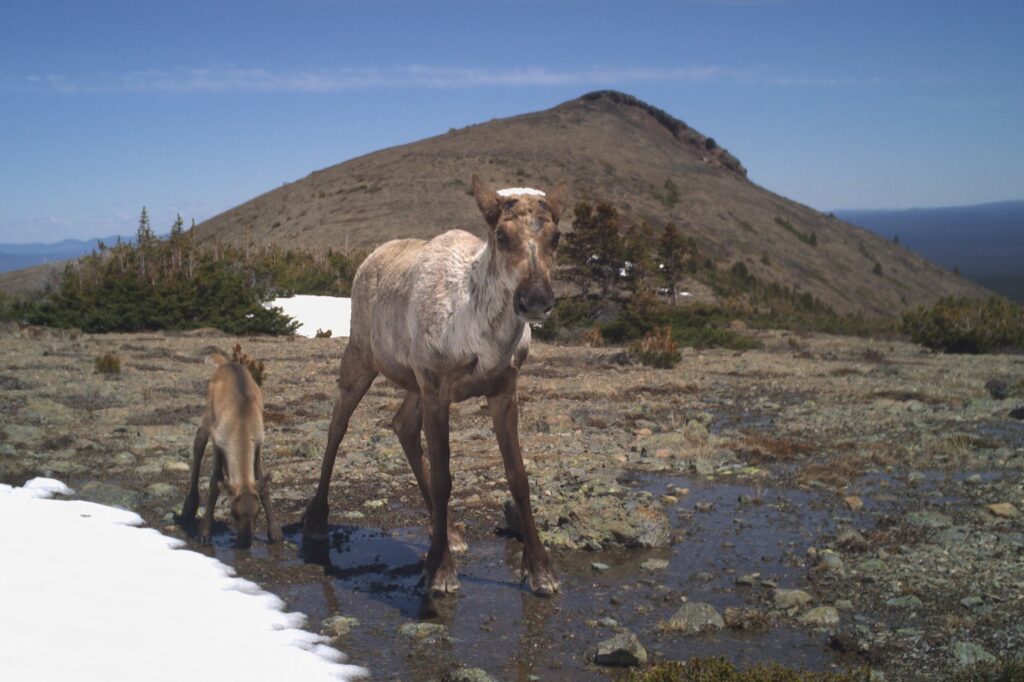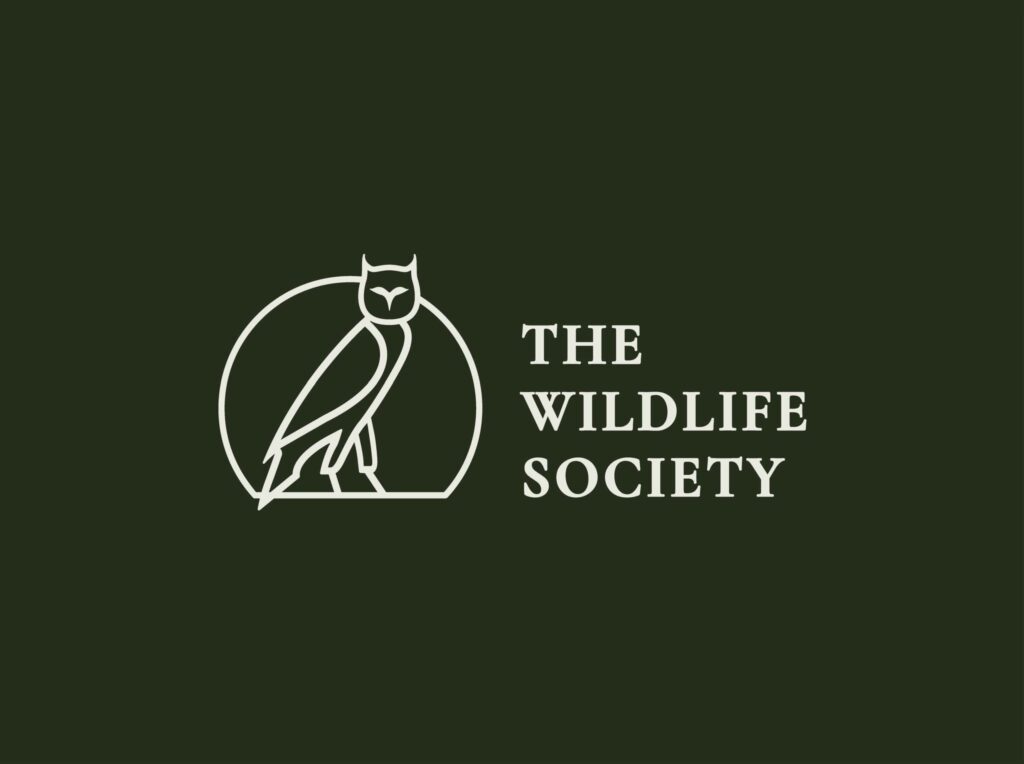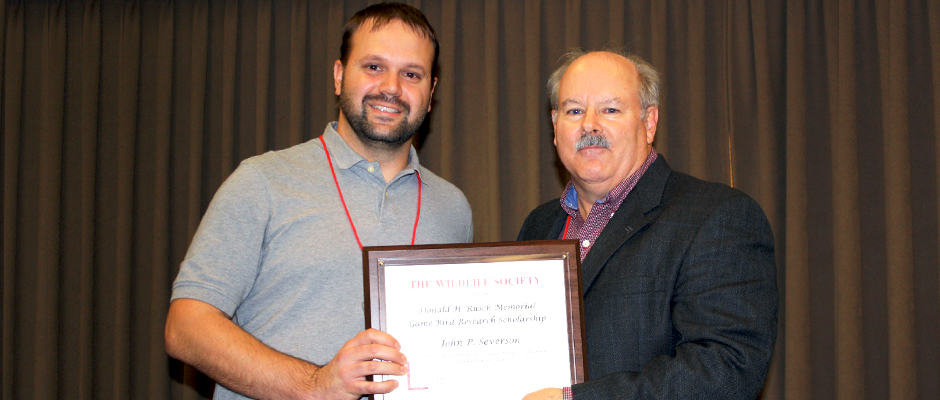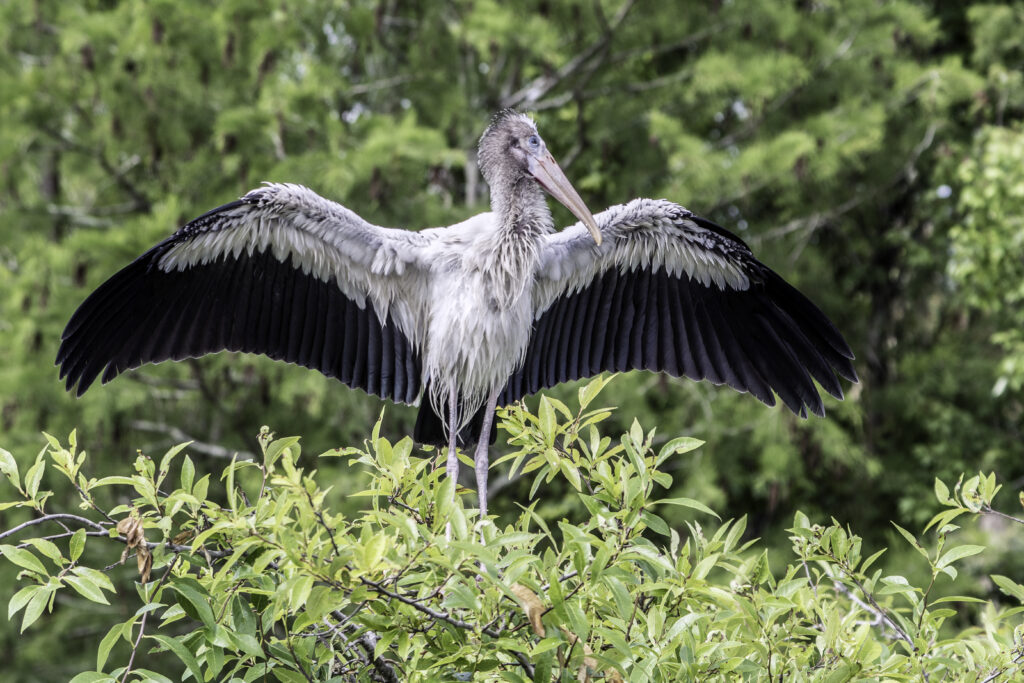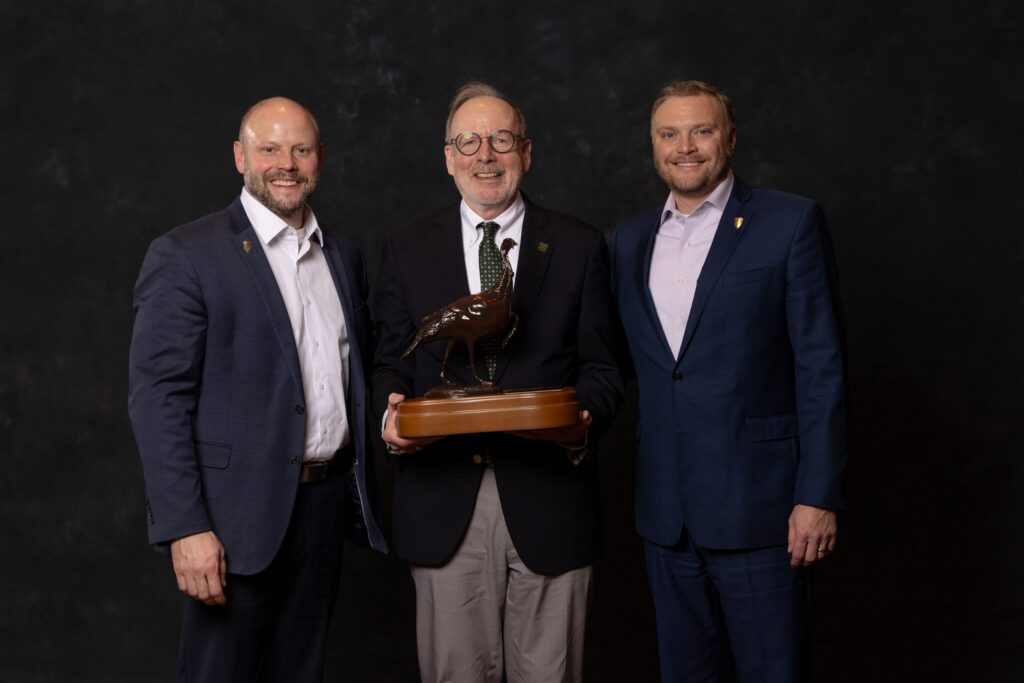Nominations for the 2016 Donald H. Rusch Memorial Game Bird Research Scholarship will be accepted through May 1. The annual scholarship is open to any graduate student studying upland birds or waterfowl biology or management. Click on the link above to visit the Rusch Memorial Scholarship webpage, or visit wildlife.org/awards to learn more about all TWS awards.
John P. Severson was awarded the 2015 Donald H. Rusch Memorial Game Bird Research Scholarship for increasing the knowledge of greater sage-grouse conservation in Idaho.
The award was instituted in 2000 after its namesake, Don Rusch, died unexpectedly the year before. An avid hunter and angler, Rusch had a keen interest in game bird biology and conservation, and his research as a wildlife professional contributed greatly to our understanding of ruffed grouse and Canada goose population ecology in particular. The scholarship award is a salute to those who carry on his legacy as an enthusiastic and encouraging teacher, a passionate scientist and researcher, and an open-minded yet emphatic manager.
“[Severson] is an outstanding student and a person who exemplifies the qualities that the Rusch Scholarship seeks to reward,” wrote Kerry Paul Reese, a professor at the University of Idaho, in a letter supporting Severson’s application. “John’s Ph.D. research is the first to empirically address one aspect of the ecology of greater sage-grouse.”
Severson’s work included one of the first large-scale studies on how juniper trees affect grouse habitat and population dynamics.
“My experienced is varied by a continuing theme has been my interest in management and restoration of threatened habitats such as grasslands, wetlands and sagebrush steppe,” Severson wrote in his application for the scholarship. “Game birds offer a unique vehicle for habitat conservation because they are widely appreciated by both consumptive and non-consumptive users, and, in many cases, can serve as efficient indicators and umbrella species.”
Article by The Wildlife Society